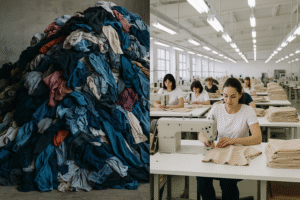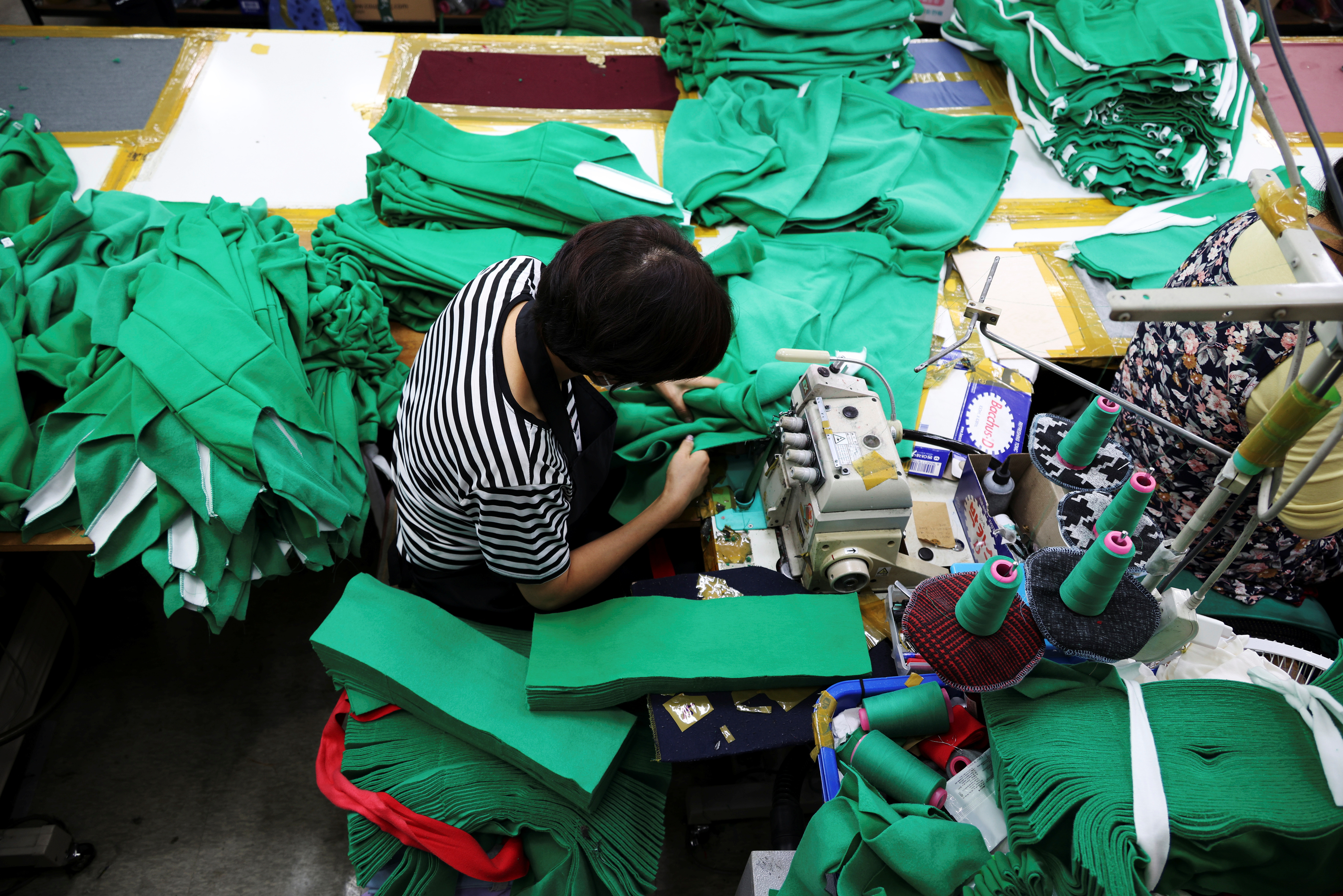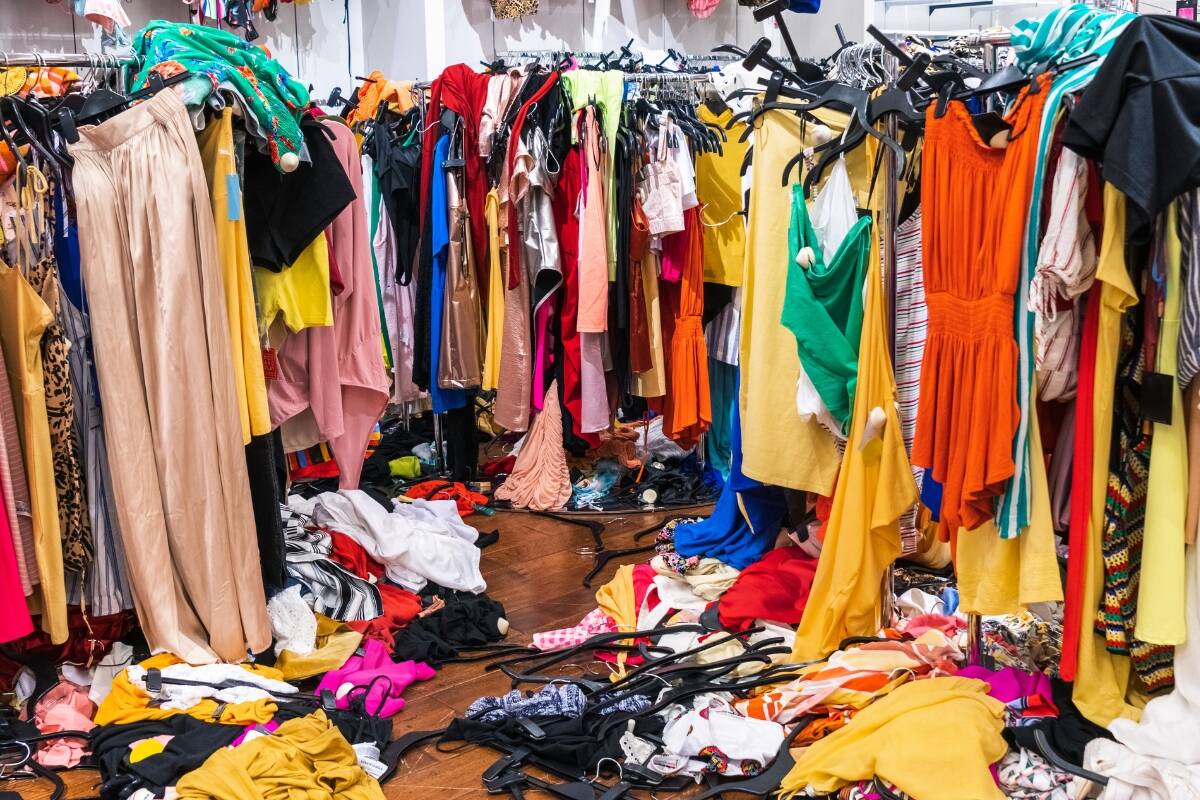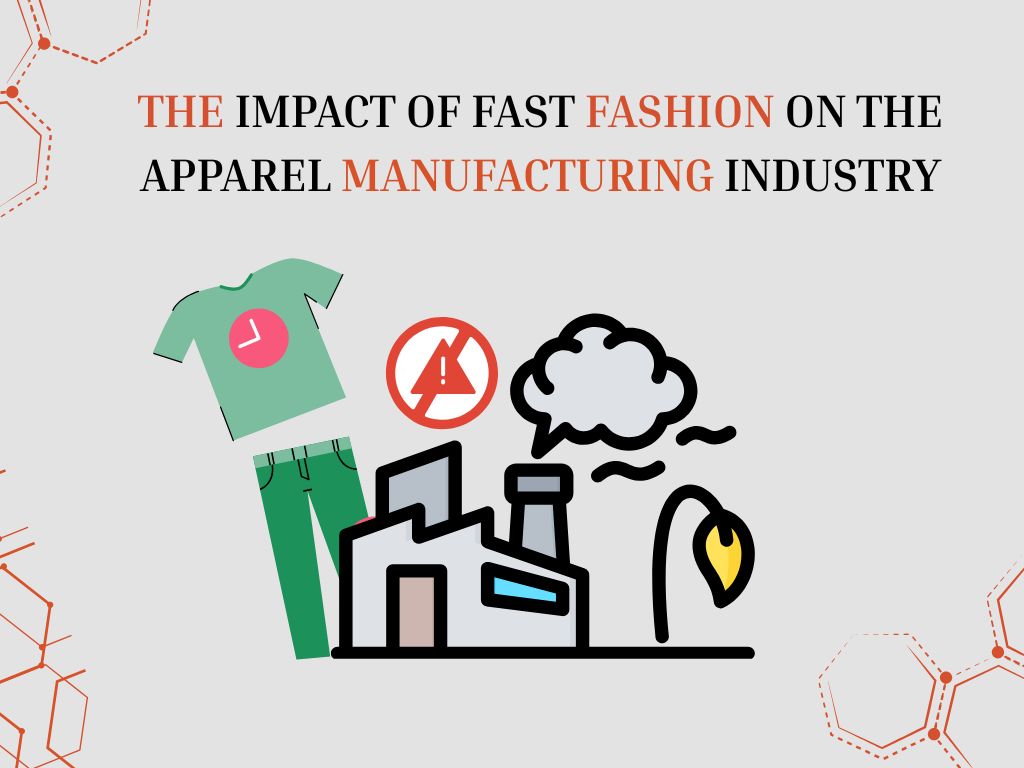
The rise of fast fashion has transformed how clothing is made, sold, and discarded—with far-reaching consequences for the apparel manufacturing industry. While affordable, trendy clothing has democratized fashion, the environmental, ethical, and economic costs are staggering.
At Obi-Apparel.com, we specialize in sustainable custom apparel manufacturing and ethical sourcing, helping brands move away from fast fashion’s pitfalls. In this article, we’ll explore:
✔ How fast fashion reshaped manufacturing
✔ The hidden costs of cheap, disposable clothing
✔ How slow fashion and on-demand production offer better solutions
1. How Fast Fashion Changed Apparel Manufacturing

Fast fashion relies on:
-
Ultra-fast production cycles (52+ “micro-seasons” per year vs. traditional 4 seasons)
-
Cheap offshore labor (often with poor working conditions)
-
Low-quality materials (polyester, synthetic blends)
-
Massive overproduction (30% of garments are never sold)
Result: A race to the bottom in pricing and quality, squeezing manufacturers and harming workers.
2. The Hidden Costs of Fast Fashion

Environmental Damage
-
10% of global carbon emissions come from fashion
-
20% of wastewater is from textile dyeing
-
85% of discarded clothing ends up in landfills
Ethical Concerns
-
Garment workers earn less than living wages (as low as $3/day in some countries)
-
Unsafe factories (remember the Rana Plaza collapse?)
-
Exploitative practices like child labor
Economic Pressure on Manufacturers
-
Brands demand faster turnarounds at lower costs
-
Small factories struggle with unsustainable profit margins
-
Overproduction leads to deadstock waste
3. The Alternative: Slow Fashion & Responsible Manufacturing
At Obi-Apparel.com, we advocate for ethical apparel manufacturing through:
A. On-Demand & Custom Production
-
No overproduction – Make only what’s ordered
-
Higher quality – Durable, timeless designs
-
Less waste – No excess inventory
B. Sustainable Materials
-
Organic cotton, hemp, Tencel, and recycled fabrics
-
Low-impact dyes and water-saving techniques
C. Ethical Factories
-
Fair wages and safe working conditions
-
Small-batch production for better quality control
4. How Brands Can Move Away from Fast Fashion
✅ Switch to made-to-order models (reduce waste)
✅ Use eco-friendly fabrics (lower environmental impact)
✅ Partner with ethical manufacturers (like Obi-Apparel.com)
✅ Educate consumers on the true cost of clothing
The Future of Apparel Manufacturing
The industry is shifting toward:
✔ Circular fashion (recycling, upcycling)
✔ Transparent supply chains (blockchain tracking)
✔ Localized production (less shipping pollution)
Ready to Make Ethical, Sustainable Apparel?

Fast fashion doesn’t have to be the future. At Obi-Apparel.com, we help brands create high-quality, responsibly made custom apparel—without the waste or exploitation.
📩 Let’s build a better fashion industry together—contact us today

